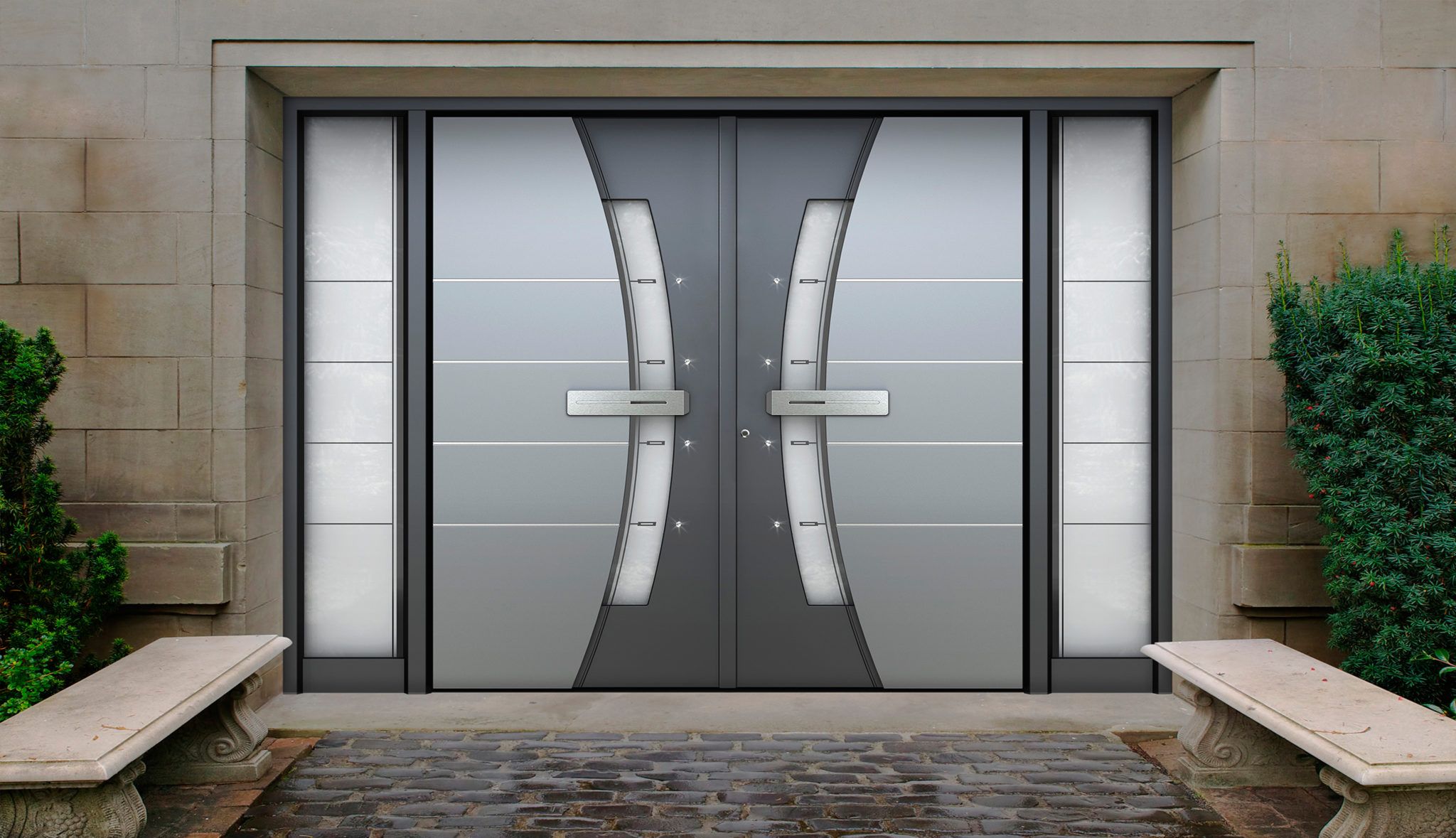Understanding Door Supervision Service Agreements
A door supervision service agreement outlines the terms and conditions governing the provision of security services by sub-contractors to licensed premises such as bars, clubs, and events. When sub-contractors maintain their own insurance, the agreement must address insurance requirements and liability considerations accordingly.
Legal Framework and Regulatory Compliance
Door supervision service agreements must comply with relevant legislation, including the Private Security Industry Act 2001 and the Security Industry Authority (SIA) regulations. Sub-contractors must hold the necessary SIA licenses and maintain appropriate insurance coverage to operate legally in the security industry.

Key Components of the Agreement
Scope of Services
Define the scope of security services to be provided by the sub-contractor, including the location, hours of operation, and specific duties required.
Insurance Requirements
Specify the insurance coverage maintained by the sub-contractor, including public liability insurance, professional indemnity insurance, and employer’s liability insurance, to protect against potential claims and liabilities.
Payment Terms
Outline the payment terms, including rates, invoicing procedures, and any additional expenses or penalties for late payments or breaches of contract.
Confidentiality and Data Protection
Include provisions regarding the confidentiality of sensitive information and compliance with data protection laws, such as the General Data Protection Regulation (GDPR), to safeguard the privacy and security of client data.
Termination and Dispute Resolution
Establish procedures for terminating the agreement, resolving disputes, and addressing breaches of contract, including any notice periods and mechanisms for mediation or arbitration.
Drafting Considerations and Best Practices
When drafting a door supervision service agreement involving sub-contractors who maintain their own insurance, consider the following best practices:
- Consult with legal experts familiar with UK security industry regulations to ensure compliance with applicable laws and regulations.
- Clearly define the roles and responsibilities of both parties to minimize misunderstandings and disputes.
- Verify the validity of the sub-contractor’s insurance coverage and require proof of insurance before commencing services.
- Review and update the agreement regularly to reflect changes in legislation, industry standards, and business requirements.
Conclusion
A well-drafted door supervision service agreement is essential for establishing clear expectations, protecting the interests of all parties, and ensuring compliance with legal and regulatory requirements in the UK security industry. By understanding the key components and considerations outlined in this expert guide, security companies can create effective agreements that support successful partnerships with sub-contractors who maintain their own insurance.
What is a Door Supervision Service Agreement involving sub-contractors who maintain their own insurance?
This agreement outlines the terms and conditions between a principal security company and sub-contractors who provide security services to licensed premises. Sub-contractors maintain their own insurance coverage, including public liability, professional indemnity, and employer’s liability insurance.
Why is it important for sub-contractors to maintain their own insurance in door supervision service agreements?
Maintaining their own insurance ensures that sub-contractors are financially protected against potential claims and liabilities arising from their security services. It also reduces the liability of the principal security company.
What types of insurance coverage do sub-contractors typically maintain in these agreements?
Sub-contractors typically maintain public liability insurance, professional indemnity insurance, and employer’s liability insurance to cover potential claims related to property damage, professional negligence, and employee injuries, respectively.
What are the responsibilities of the principal security company regarding insurance in this agreement?
The principal security company may require proof of insurance from sub-contractors and ensure that their insurance coverage meets the specified requirements outlined in the agreement. Additionally, the principal security company may include indemnification clauses to protect themselves against claims arising from the actions of sub-contractors.
How does the agreement address liability for sub-contractors who maintain their own insurance?
The agreement typically includes provisions allocating liability between the principal security company and sub-contractors, outlining each party’s responsibilities and obligations in the event of a claim or dispute.
Can sub-contractors without insurance still participate in door supervision service agreements?
In most cases, sub-contractors must maintain their own insurance coverage to participate in door supervision service agreements. Lack of insurance may disqualify sub-contractors from entering into or continuing the agreement.
What happens if a sub-contractor’s insurance coverage lapses during the term of the agreement?
If a sub-contractor’s insurance coverage lapses, it may constitute a breach of the agreement, and the principal security company may have the right to terminate the agreement or take other appropriate actions as outlined in the contract.
Are there specific requirements for insurance documentation that sub-contractors must provide?
Sub-contractors may be required to provide proof of insurance coverage, including certificates of insurance and policy documents, to the principal security company. The agreement may specify the required coverage limits and additional insured endorsements.
How are insurance claims handled under a door supervision service agreement involving sub-contractors with their own insurance?
Insurance claims are typically handled by the insurance provider of the sub-contractor. However, the agreement may include provisions for notification and cooperation between the parties in the event of a claim.
What steps should be taken if there is a dispute regarding insurance coverage or liability under the agreement?
Disputes regarding insurance coverage or liability may be resolved through negotiation, mediation, or arbitration, as outlined in the dispute resolution provisions of the agreement. Parties should follow the agreed-upon procedures to resolve the dispute amicably and efficiently.
Door Supervision Service Agreement
Between: [Your Company Name], referred to as the “Principal Security Company” Address: [Company Address] and [Sub-contractor’s Name], referred to as the “Sub-contractor” Address: [Sub-contractor’s Address]
Effective Date: [Effective Date of the Agreement]
Scope of Services
The Sub-contractor agrees to provide door supervision services to licensed premises as directed by the Principal Security Company. Services may include [list specific duties and responsibilities].
Insurance Requirements
The Sub-contractor shall maintain their own insurance coverage throughout the term of this agreement, including but not limited to public liability insurance, professional indemnity insurance, and employer’s liability insurance. Proof of insurance shall be provided to the Principal Security Company upon request.
Payment Terms
The Principal Security Company agrees to pay the Sub-contractor [state payment terms, rates, and invoicing procedures]. Payments shall be made [specify frequency of payments] and are subject to deduction for any applicable taxes or deductions required by law.
Confidentiality and Data Protection
Both parties agree to maintain the confidentiality of sensitive information and comply with all applicable data protection laws, including the General Data Protection Regulation (GDPR). Any breach of confidentiality shall be grounds for immediate termination of this agreement.
Liability and Indemnification
The Sub-contractor shall indemnify and hold harmless the Principal Security Company from any claims, damages, or liabilities arising from the provision of security services. The Sub-contractor’s insurance coverage shall serve as the primary source of coverage in the event of a claim.
Termination and Dispute Resolution
This agreement may be terminated by either party with [specify notice period] written notice. In the event of termination, both parties agree to cooperate in resolving any outstanding disputes through mediation or arbitration.
Governing Law and Jurisdiction
This agreement shall be governed by and construed in accordance with the laws of England and Wales. Any disputes arising out of or in connection with this agreement shall be subject to the exclusive jurisdiction of the courts of England and Wales.
Entire Agreement
This agreement constitutes the entire understanding between the parties with respect to the subject matter herein and supersedes all prior agreements, negotiations, and representations, whether oral or written.
In Witness Whereof, the parties hereto have executed this agreement as of the Effective Date first above written.
[Your Company Name]
By: _____________________________ Name: [Your Name] Title: [Your Title]
[Sub-contractor’s Name]
By: _____________________________ Name: [Sub-contractor’s Name] Title: [Sub-contractor’s Title]
[End of Agreement]
- Press Release – New Product Announcement - July 19, 2024
- Blog Advertising Agreement - July 18, 2024
- Free Prize Draw Terms and Conditions - July 17, 2024









